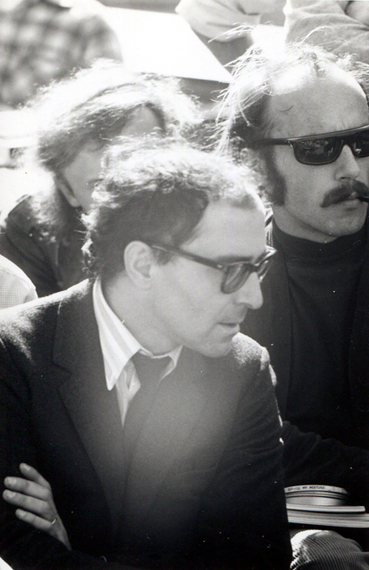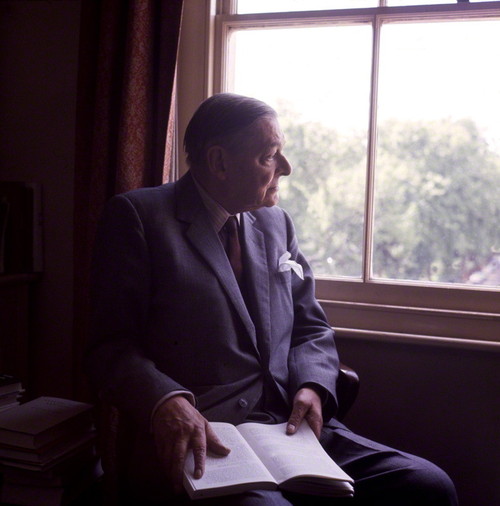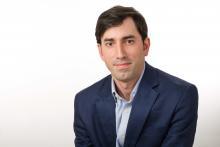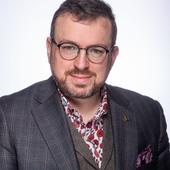Why Does Bob Dylan Steal?
Bob Dylan likes to use other people's words, and images. Some people object to this. Robert Warmuth called him "Bob Charlatan." Joni Mitchell called him a plagiarist: "Everything about Bob is a deception." Michael Gray found Dylan's paintings unimaginative: "It may not be plagiarism but it's surely copying rather a lot."
 |
|
|
Others don't mind Dylan's appropriations. Suzanne Vega explained that "it's modern to use history as a kind of closet in which we can rummage around, pull influences from other eras." Robert Polito observed that criticizing Dylan ignored the fact "that we've just come through some two and a half decades of hip-hop sampling." (Note to Robert Polito: my dictionary's definition of "borrow" includes repayment. How exactly is Dylan repaying his debts?)
Large-scale plagiarism, or "borrowing" from the dead, is not unique to Dylan. Louis Menand recently wrote that T.S. Eliot "made poems out of the poems of other people," and described The Waste Land as a collage of allusion, quotation, echo, appropriation, pastiche, imitation, and ventriloquism." David Sterritt described Jean-Luc Godard's films as "virtuosic in their kleptomania."
 |
|
|
Debates on whether Dylan, Eliot, and Godard should be considered plagiarists have not devoted much effort to explaining why they steal. Eliot himself gave a high-minded rationale: "Authors elect their own precursors, by allusion, quotation, imitation, translation, homage, at once creating a canon and making a case for their own inclusion in it." This could explain Eliot's borrowings from Dante, Donne, and Shakespeare, but the cagy Old Possum didn't mention why he also quoted the Ziegfeld Follies, nursery rhymes, and bartenders. Godard dismissed the problem: "we have the right to quote as we please." But why do they please to quote so much? And why do they quote so many obscure sources?
 |
|
|
Dylan is tired of this whole subject: in 2012 he told Rolling Stone that only "wussies and pussies complain about that stuff." But he also said that he was only following "the rules and limitations" of songwriting:
It has to do with melody and rhythm, and after that anything goes. You make everything yours. We all do it.One of Dylan's scholarly defenders, Christopher Ricks, opined that "it's characteristic of great artists and songsters to immediately draw on their predecessors." Dante, Donne, Shakespeare - no problem. Woody Guthrie, Pete Seeger, Muddy Waters - ditto. But Henry Timrod? Dylan himself dissed Timrod: "have you even heard of him? Who's been reading him lately?" The obvious answer: Bob Dylan has. But why? And why Junichi Saga, Léon Busy, and Dmitri Kessel? Are these really members of a canon that Dylan wants to join? There has to be a better explanation than "we all do it". I just can't imagine what it is.

















